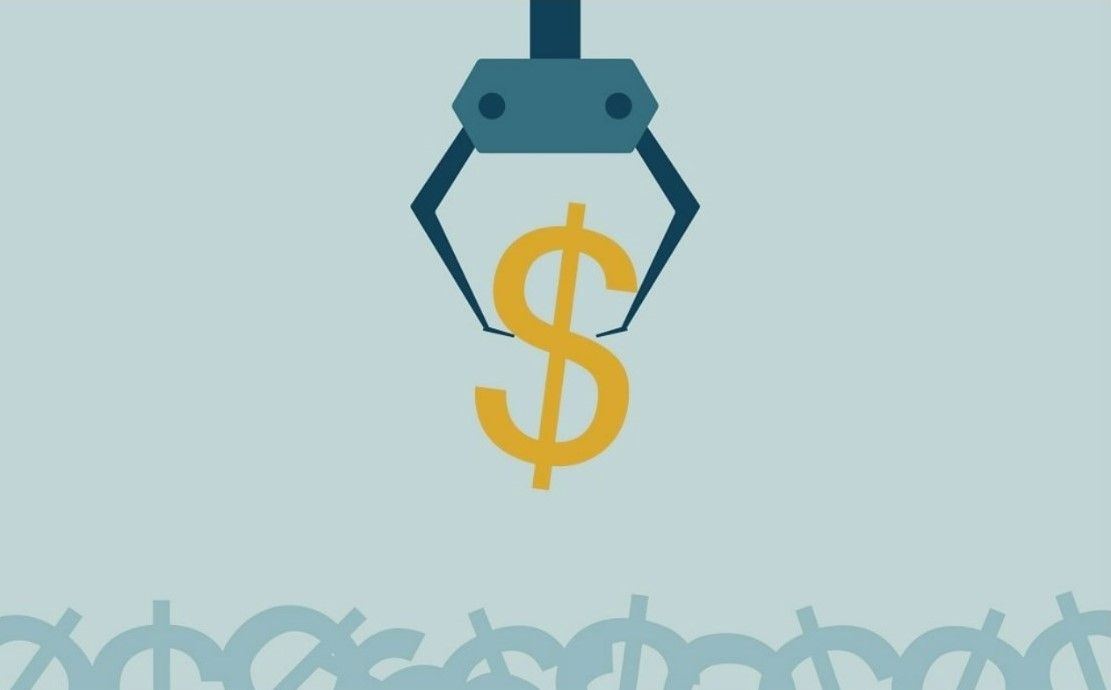Commission Clawbacks — A Brief Overview


Clawbacks are like the emergency stop buttons on trains. Both are baleful bearers of bad news, and using either of them means things haven't gone quite to plan.
Still, not having them isn't an option, either.
The emergency stop button for obvious reasons, but lets have a look at why commission clawbacks are a crucial part of any sales compensation plan.
But first ...
For those of you not familiar with the term, clawbacks are a provision under which companies can legally reclaim commissions paid to salespeople in the past.
Sounds awful, we know. But there are times when it must be done if a company wants to maintain a healthy cash flow and remain profitable.
Most companies avoid using clawbacks unless they have to, and implement them only in specific situations — like when sales contracts end prematurely, or when margins in a deal fall below target. Sometimes companies pre-pay commissions in anticipation of a deal closing or at the time of a contract being signed. At times these revenues don't materialize, and companies are forced to use clawbacks to recover the corresponding commissions.
Even though clawbacks are legal, how much a company can clawback, when, and how, depends on the industry, product/service type, state regulations, duration, type of commission payments, and other relevant criteria.
Let's dive deeper into some of these factors:
Let's say you want to implement a clawback for an advance commission you paid for a deal that did not materialize. In this case, your company could consider the advance commission as a prepayment of wages and/or an advance against salary. Now, you can recover the commission with limited restrictions.
Earned commissions are considered "wages" in most states and are subject to respective state laws. Some states allow you to deduct wages against overpayment of commissions without employee consent, while others require written consent or authorization from employees.
State laws also stipulate the time limit for recouping excess commission payments. Depending on the state, this limit could vary between six months to six years. The time limit is one of the most critical factors to consider while framing your clawback policy.
The amount of deduction also varies, with some states putting restrictions on the amount that can be deducted from future earnings, while other states don't impose any restrictions.
Clawbacks are dependent to a great extent on your commission structure. Many incentive plans are linked to attainment tiers instead of simple transaction-based commissions. Also, commissions are often layered, with the total commission amount including commissions calculated at different tiers based on target quotas.
In such cases, if individual deals are canceled or customers don't end up paying for whatever reason, you need to analyze your commission structure so as to accurately determine the amount that needs to be recouped.
Clawbacks help companies calibrate commission payouts and align them with actual revenues. Clawbacks also ensure that sales reps don't solicit short-term customers for quick, easy commissions — but instead focus on closing long-term accounts that bring in more value to the company.
HubSpot, for instance, has a four-month clawback clause for its sales personnel. The sales reps must return the commission if a customer cancels a subscription within four months of signing. This helps ensure the sales reps at HubSpot focus on bringing in customers that have a real need for the product and will not churn as much.
Some business models and scenarios that necessitate clawbacks are:
Customers pay for services for a specific duration, such as monthly or quarterly. The sales rep is paid a commission when a client signs up. However, the company has the right to recover the commission if the client terminates the contract before the time stipulated by the company.
This is similar to the subscription model, except that customers pay for usage instead of duration. In this model, too, sales personnel are paid an advance commission before the full value is realized from the customer. The company can recoup the commission if the client terminates the contract prematurely.
When products are recalled by a company or returned by its customers, the company can invoke a clawback clause to recover commissions paid against those products.
Sometimes sales reps make false claims about their sales numbers, either because they expect more deals to be closed, or to fraudulently claim commissions. In such cases, companies can recover commissions paid against deals that didn't materialize … or didn't exist to begin with.
Clawbacks are an important tool that encourage sales reps to follow through with customers, ensure contracts aren't terminated prematurely, and focus on contact renewals to improve retention rates.
While the main objective of clawbacks is to help companies protect revenues, they should not be enforced with the sole objective of enriching a company at the cost of its employees.
If your employees feel short-changed due to inappropriate clawbacks, it can lead to serious demotivation among your team. Worse still, it can lead to lawsuits that can harm your credibility and brand, as happened with Oracle.
Transparency is key when dealing with clawbacks. You must ensure your clawback guidelines comply with state and employment regulations. When including a clawback clause in your employee contract, the wording and phrasing you use is critical. The contract should be legally tenable and should not leave any scope for misinterpretation.
At the end of the day, your reps need to be crystal clear about what will trigger a clawback, and how it will affect their commissions. Only then will your team's reaction when you announce a clawback be:
'We understand' 😕
And not: 'WTF' 😫